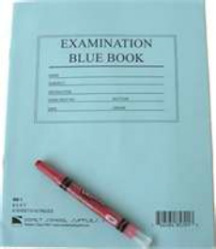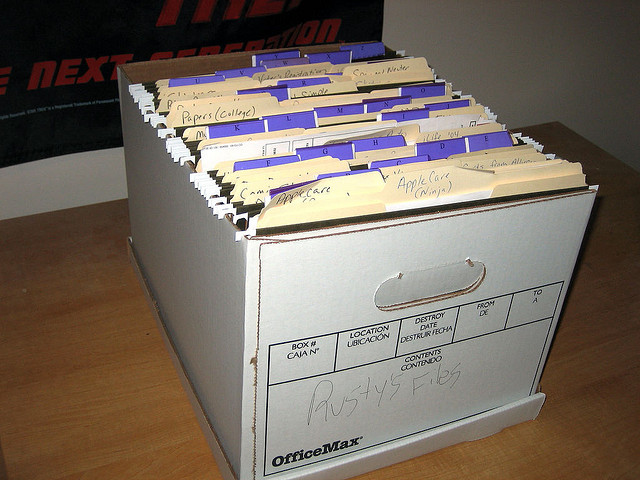The orientation day for our graduate program is Monday, and I’ve been tapped to speak briefly about a topic related to the overall theme of navigating the currents of the program and the discipline. So this post is the handout that I’ll be distributing, and it’s also the first of what will probably end up being five lists of five for the August 31st issue of Rhetsy. So I thought I’d also share it here, since it may be of interest to others. Strictly speaking, this isn’t advice that applies solely to graduate students; these are things that I use myself.
Five Habits/Tools for the New School Year
Over the summer, I got around to reading Matthew Crawford’s The World Beyond Your Head: On Becoming an Individual in an Age of Distraction (Amazon), less from an interest in individuality than his focus on attention and design. While the book is not without its flaws, much of what Crawford has to say about attention fits with other work that I’m doing. In his introduction he identifies one of the persistent themes of his book:
The paradox is that the ideal of autonomy seems to work against the development and flourishing of any rich ecology of attention–the sort in which minds may become powerful and achieve genuine independence….our environment constitutes the self, rather than compromises it (25).
When I reflect back on the ecology of attention that I cultivated in graduate school, I’m actually pretty pleased with how the …



